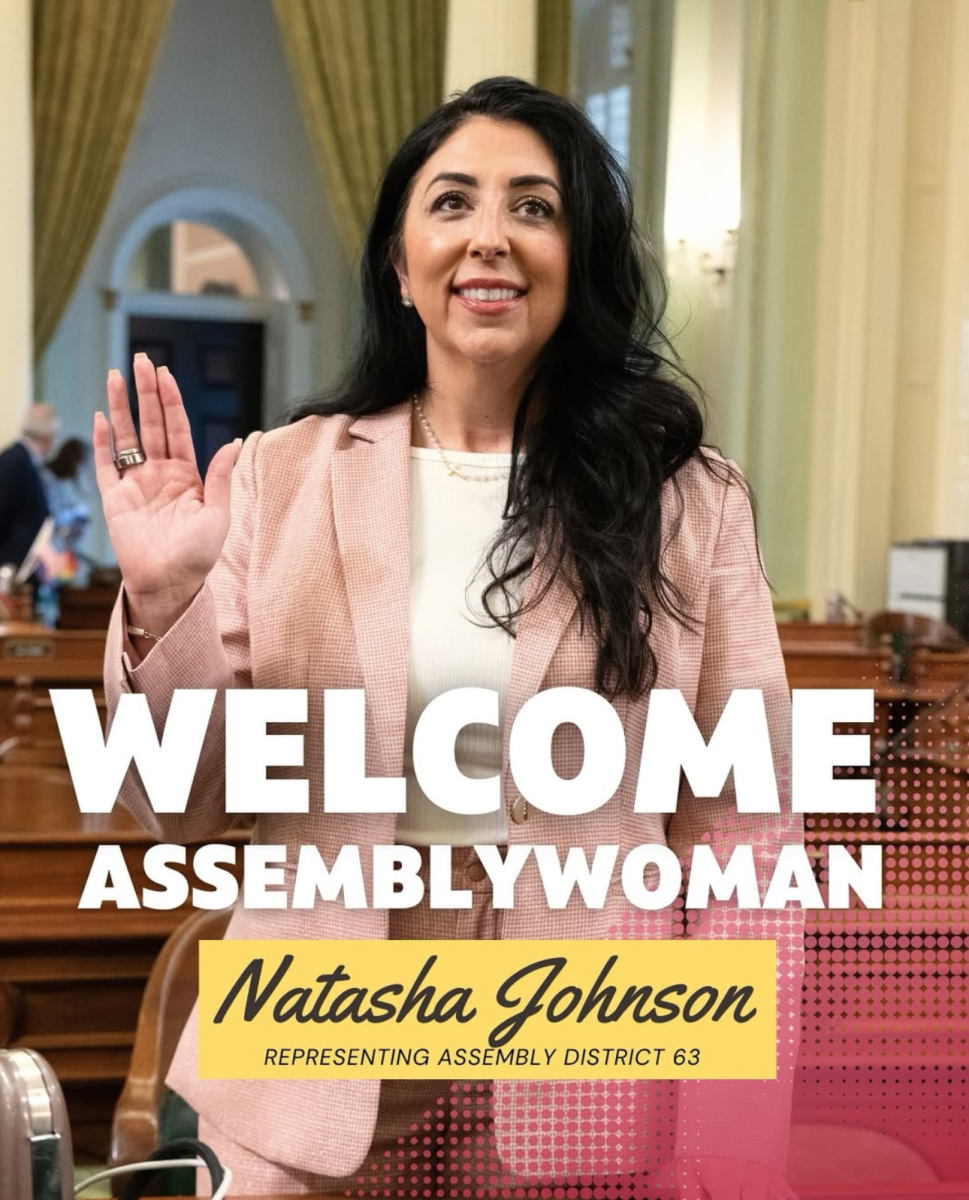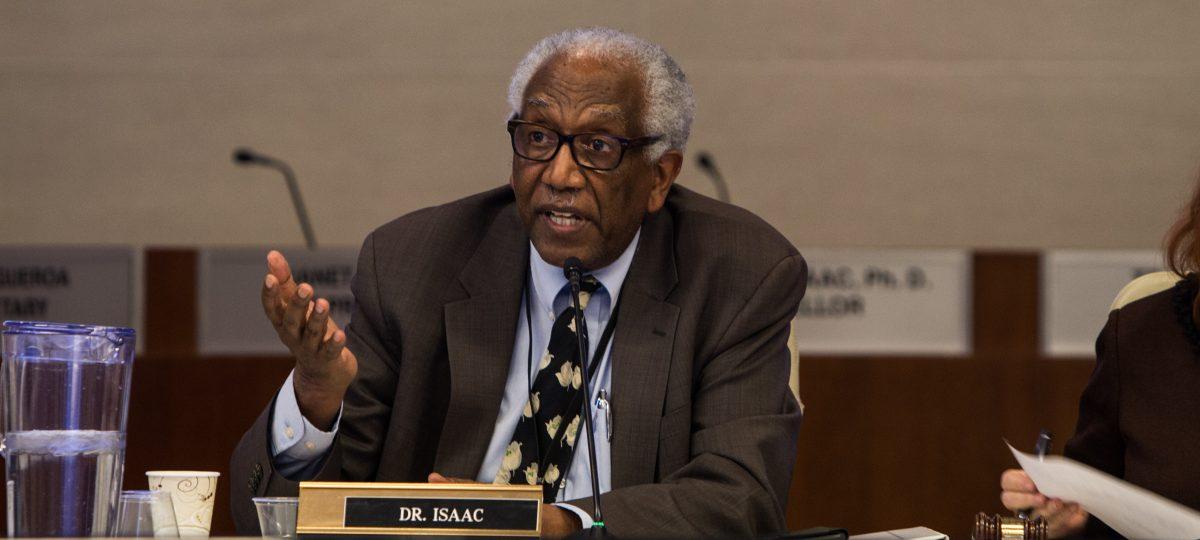By Takahiro Kurosaki / Staff Writer
By Takahiro Kurosaki / Staff Writer
Financial concerns have welled up among the Riverside City College District faculties since California state controller John Chiang mentioned in July the potential necessity of issuing IOUs to manage cash for community colleges.
However, Riverside City College District’s financial effort to deal with the delay of the state budget and avoid a cash flow crisis will moderate the concerns for the time being.
“Our financial reserves are fine,” said Associate Vice Chancellor of Finance Aaron Brown. “But this is really more about the cash flow issue, and the cash flow issue is a result of the state not approving the budget.”
In August, the state prolonged the payment of $2.5 billion to public schools the next month, which is a measure to save cash and avoid issuing IOUs.
Without a budget, the state cannot legally pay bills to businesses contracting with the state such as community colleges and low-income students receiving some grants.
The delay of the state budget heightened the concern that school employees might receive IOUs instead of paychecks.
However, there is a positive financial forecast to maintain a cash flow at RCCD for the time being.
The California Teachers Association of Riverside reported at its September district meeting that it was reassured that RCCD has a financial reserve and the board approved a low interest loan in the face of the growing concern.
“The financial reserve is really the cash flow plans that we have in place during this budget crisis at the state level,” Brown said. “Those plans include $24 million Tax and Revenue Anticipation Notes.”
The notes are short-term loans that school districts can use for cash flow purposes.
“The board authorized us to issue up to $25 million (in notes) because not only do we have the situation of the state not adopting the budget issue, but we also have to deal with annual apportionment flows out of now the part of the budget process,” Brown said.
Another positive financial indication was provided on Sept. 9 by Chiang.
He announced that unexpected drop in state spending would probably enable the state to have enough cash to avoid issuing IOUs until at least early October.
“For the time being, Californians will be separated the pain and expense of a second round of IOUs,” Chiang said in his statement.
However, Chiang expressed how the budget gridlock continues to impact all Californians.
“The budget gridlock continues to harm thousands of Californians while hampering our economic recovery,” Chiang said. “The governor and legislature should not view this short reprieve as an invitation to break the budget deadlock record.”
Chiang created a new web page to show what bills the office can and cannot pay during the month of September until a state budget is enacted for the 2010-11 fiscal year.
Among what the office cannot pay are the payments to school districts for categorical programs such as special education and remedial summer school, community colleges, and local governments.
Brown thinks that RCC is prepared in the event IOUs are issued.
“We are taking proactive action to make sure that we cover as far as the cash flows. We’re taking steps to make sure that we have enough cash flows by December,” he said






